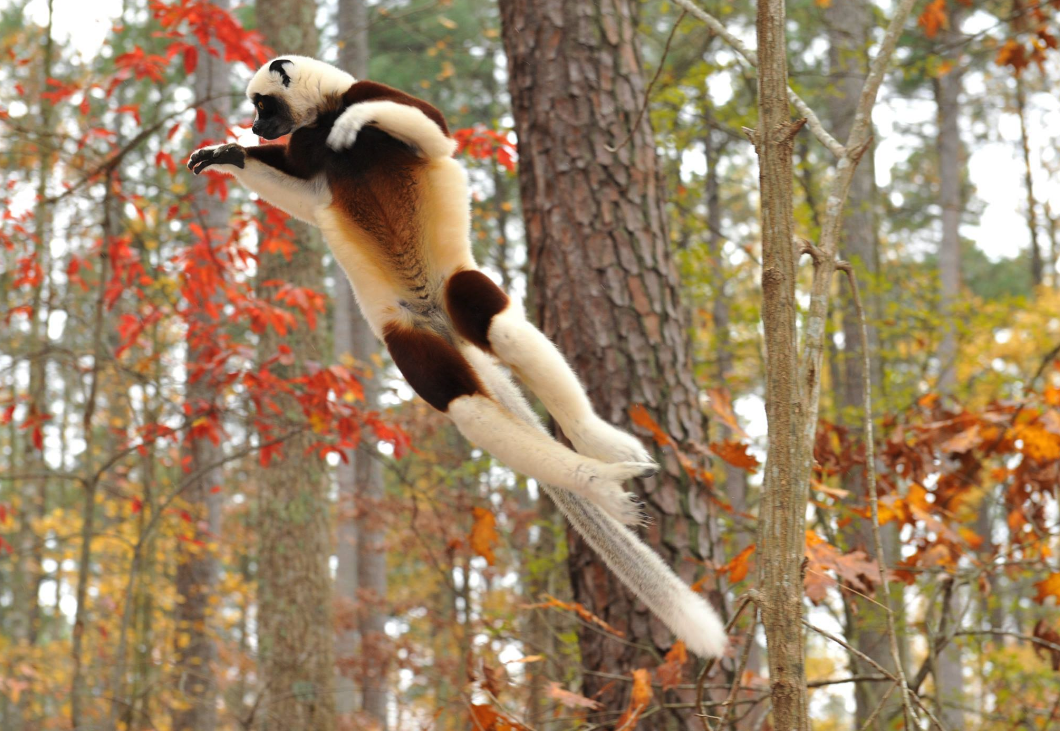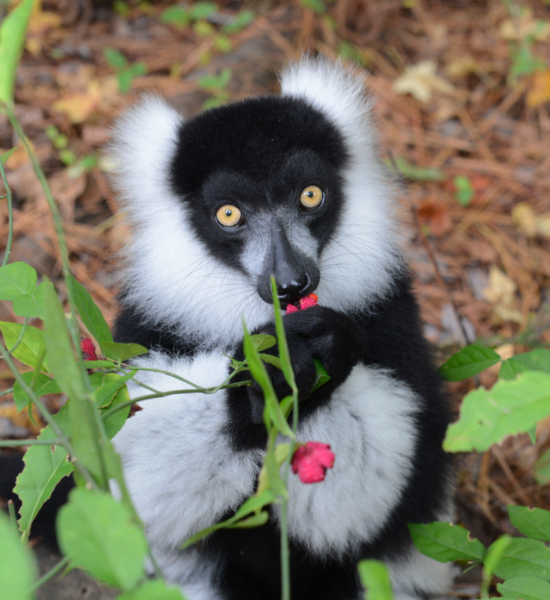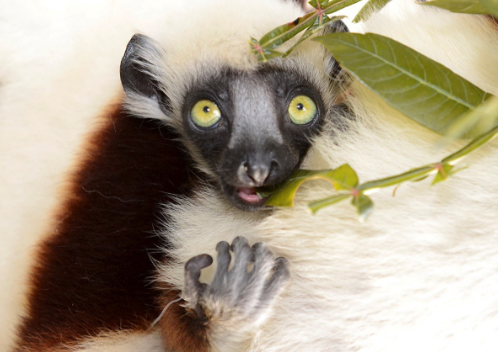FROM THE ARCHIVES: The DLC’s Founding Aye-aye Fathers (and Mothers)
By David Haring, DLC Registrar and Photographer. Originally published in February 2017. The Duke Lemur Center was one of the first modern-day captive breeding centers to house the mysterious and, at the time, little studied aye-aye. (The Paris Zoo and Jersey Wildlife Preservation Trust were other pioneers.) Three complicated and arduous DLC capture missions to […]




